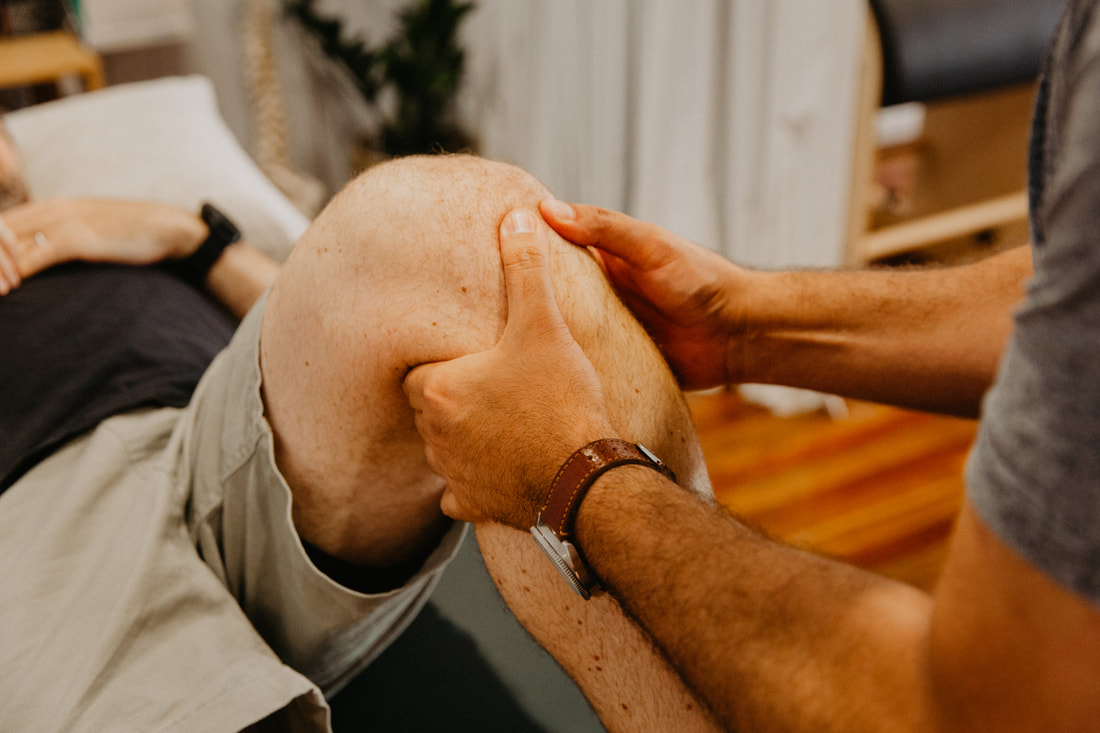Sports injury physiotherapy for kickboxers
Introduction to Kickboxing and the Role of a Specialised Physiotherapist
Kickboxing is a dynamic combat sport that combines elements of boxing with martial arts techniques, particularly kicking. It requires a high degree of physical fitness, including strength, speed, agility, and endurance. Kickboxers engage in intense training to master a variety of punches, kicks, and defensive manoeuvres, often leading to high-impact and repetitive strain on the body.
Key Aspects of Kickboxing:
The Importance of a Physiotherapist Specialised in Kickboxing:
What Are Common Injuries Among Kickboxers?
Kickboxing, a sport requiring a blend of striking and agility, often leads to specific types of injuries:
How Can Kickboxers Prevent These Injuries?
Injury prevention is key for kickboxers:
What Physiotherapy Treatments Are Effective for Kickboxing Injuries?
Physiotherapy is vital in treating and managing injuries in kickboxing:
When Should a Kickboxer Consult a Physiotherapist?
Professional guidance is recommended in several scenarios:
How Can Physiotherapy Help in Long-Term Injury Prevention for Kickboxers?
Long-term injury prevention is essential for kickboxers:
What Recovery Strategies Should Kickboxers Employ?
Effective recovery strategies are crucial for kickboxers:
If you have been injured during kickboxing, there are many things that our Tarragindi physiotherapists can do to help get you back to being sport ready and active again so come in and speak to our friendly physiotherapists today! Feel free to give our Tarragindi Physiotherapy clinic a call on 07 3706 3407 or email [email protected]
Kickboxing is a dynamic combat sport that combines elements of boxing with martial arts techniques, particularly kicking. It requires a high degree of physical fitness, including strength, speed, agility, and endurance. Kickboxers engage in intense training to master a variety of punches, kicks, and defensive manoeuvres, often leading to high-impact and repetitive strain on the body.
Key Aspects of Kickboxing:
- Combination of Striking Techniques: Utilizing both hands and feet for offensive and defensive actions.
- High-Intensity Training: Kickboxing workouts are rigorous, involving sparring, bag work, and conditioning exercises.
- Risk of Impact Injuries: Due to the nature of the sport, athletes are at risk of injuries from both striking and receiving blows.
The Importance of a Physiotherapist Specialised in Kickboxing:
- Injury Prevention and Management: A physiotherapist with experience in kickboxing can provide targeted strategies for injury prevention and rehabilitation, tailored to the specific demands of the sport.
- Performance Enhancement: Understanding the biomechanics of kickboxing, a physiotherapist can assist athletes in improving their techniques, strength, and overall conditioning.
- Recovery and Conditioning Advice: Specialized physiotherapists can offer guidance on recovery techniques and conditioning exercises appropriate for kickboxers, crucial for maintaining fitness and preventing injuries.
What Are Common Injuries Among Kickboxers?
Kickboxing, a sport requiring a blend of striking and agility, often leads to specific types of injuries:
- Hand and Wrist Injuries: Due to the impact of punches and blocks.
- Ankle and Foot Injuries: From kicking, pivoting, and footwork.
- Knee Injuries: Including ligament strains from sudden movements and kicks.
- Shoulder Injuries: Resulting from repetitive punching and blocking.
- Concussions and Head Injuries: A risk during sparring and competitive matches.
How Can Kickboxers Prevent These Injuries?
Injury prevention is key for kickboxers:
- Proper Technique: Mastery of striking and defensive techniques to minimize stress on joints and muscles.
- Strength and Conditioning Training: Building overall body strength, particularly in the core, legs, and upper body.
- Flexibility Training: To maintain and improve range of motion, crucial for high kicks and agile movements.
- Protective Gear: Using appropriate sparring equipment like gloves, shin guards, and headgear.
- Adequate Warm-Up and Cool-Down: Essential for preparing muscles for intense activity and aiding in recovery.
What Physiotherapy Treatments Are Effective for Kickboxing Injuries?
Physiotherapy is vital in treating and managing injuries in kickboxing:
- Manual Therapy: Such as massage, joint mobilization, and stretching to alleviate pain and improve mobility.
- Tailored Exercise Rehabilitation: Specific exercises to strengthen and rehabilitate injured areas.
- Biomechanical Analysis: Assessing and correcting technique to prevent re-injury.
- Pain Management Strategies: Utilizing ice therapy, heat therapy, or ultrasound as needed.
- Injury Prevention Education: Providing guidance on safe training practices and conditioning.
When Should a Kickboxer Consult a Physiotherapist?
Professional guidance is recommended in several scenarios:
- Post-Injury: For an accurate diagnosis and comprehensive rehabilitation plan.
- Persistent Pain or Discomfort: Especially if it impacts training or performance.
- Technique Improvement: To enhance skills and reduce injury risk.
- Preventive Measures: Learning effective methods to reduce the risk of future injuries.
How Can Physiotherapy Help in Long-Term Injury Prevention for Kickboxers?
Long-term injury prevention is essential for kickboxers:
- Personalized Exercise Programs: Focused on the specific needs of kickboxers, considering strength, agility, and endurance.
- Regular Physical Assessments: To monitor progress and adjust training as needed.
- Technique Analysis and Improvement: Ongoing refinement of kickboxing techniques.
- Nutritional and Lifestyle Advice: Supporting overall health and performance.
What Recovery Strategies Should Kickboxers Employ?
Effective recovery strategies are crucial for kickboxers:
- Active Recovery: Engaging in light activities to promote circulation and muscle recovery.
- Nutrition and Hydration: Key for muscle repair and maintaining energy levels.
- Adequate Sleep: Critical for physical and mental recovery.
- Mental Health Support: Managing the psychological demands of competitive kickboxing.
If you have been injured during kickboxing, there are many things that our Tarragindi physiotherapists can do to help get you back to being sport ready and active again so come in and speak to our friendly physiotherapists today! Feel free to give our Tarragindi Physiotherapy clinic a call on 07 3706 3407 or email [email protected]
Who to book in with:
Mauricio Bara
|
Emma Cameron
|
Yulia Khasyanova
|



